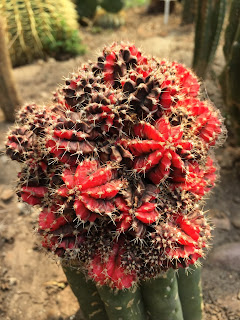
Healthy skin is best with reduced body and topical skin inflammation. Inflammation in the skin is common and causes a range of issues. Acne, rosacea, spider veins, dark circles and eczema are caused by inflammation. Inflammation occurs when the body’s immune system responds to an injury, infection, or irritation. Inflammation is a natural and necessary to clear toxins, chronic inflammation causes damage to the skin and lead to various skin conditions. In this post, we’ll discuss some strategies for combatting the aging factor of inflammation in the skin. Generally the best anti-inflammatory skin care advice is to minimize inflammation when you can.
Avoid Triggers and Practice Good Skin Hygiene
Identify and avoid triggers that cause inflammation. Common triggers include certain foods, environmental allergens, and irritants. By avoiding these triggers, you reduce your risk of inflammation and related skin conditions.
Use Anti-inflammatory Skin Products
Some of the best anti-inflammatory skin care advice is to use appropriate products. There are a number of skincare products that contain anti-inflammatory ingredients, such as niacinamide, green tea extract, vitamin C, and aloe vera. These ingredients can help reduce inflammation and soothe the skin. Look for products that are specifically designed to address inflammation and related skin conditions.
Incorporate Anti-inflammatory Foods into Your Diet
The best anti-inflammatory skin care advice involves your diet. Certain foods can help reduce inflammation in the body, which can benefit the skin. Foods that are rich in antioxidants, such as berries, leafy greens, and beans, can help reduce inflammation. Omega-3 fatty acids, found in fatty fish, nuts, and seeds, can also help reduce inflammation. Be sure to avoid foods that can trigger inflammation, such as sugar, processed foods, and alcohol.
Incorporate Supplements into Your Skin Care Regimen
Omega-3s, Curcumin, Green Tea Extract and Quercetin all reduce inflammation. Additionally, Bromelain, an enzyme found in pineapple, that has anti-inflammatory and beneficial digestion effects. Adequate vitamin D levels modulates immune function. Getting a balance with the A and K improves the body’s ability to utilize vitamin D. Vitamin C, both an antioxidant and an inducer of collagen production. Topical and systemic C both accomplish different ends. Resveratrol is a compound found in red grapes and other plants. It has antioxidant and anti-inflammatory properties that may benefit skin and overall health. Also, in topical preparations. Probiotic supplements can support gut health and balance the gut microbiome. Ginger contains compounds that have anti-inflammatory effects. Zinc is an essential mineral that supports the immune system and can help reduce inflammation. It also plays a role in skin health. Magnesium is involved in numerous bodily processes.
Manage Stress
Stress can trigger inflammation in the body, which can exacerbate skin conditions. Finding ways to manage stress, such as through meditation, yoga, or exercise, can help reduce inflammation and improve overall skin health. I would love to see you in one of my yoga classes at Hatha Yoga and Fitness!

